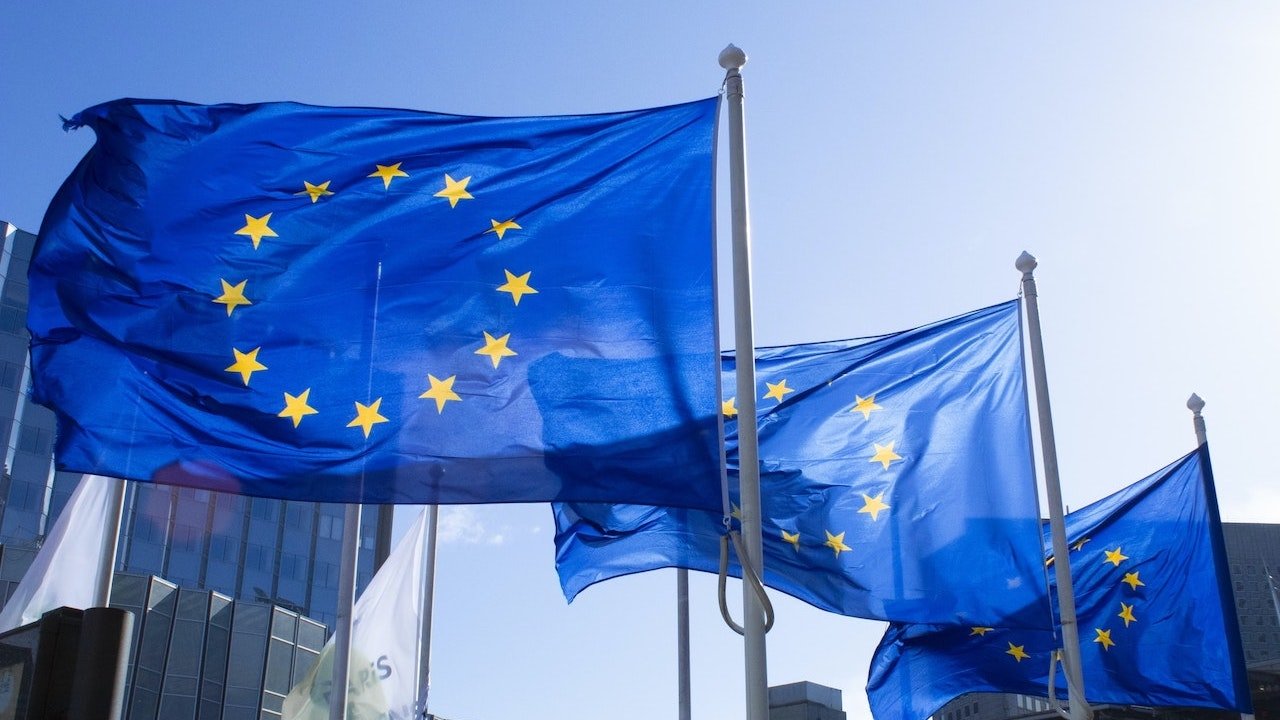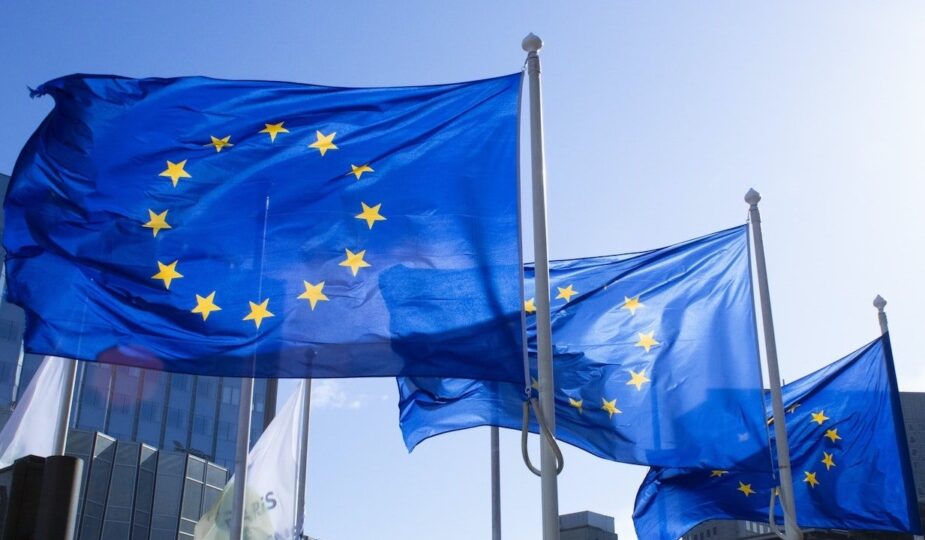Flags of the European Union
 13 Facebook x.com Reddit
13 Facebook x.com Reddit
Although many developers and agencies have accused Apple of evading the requirements of the Digital Markets Act, Apple has presented a plan for change , which she believes will reassure the European Union now and in the future.
Apple on Thursday announced the actions it has taken to bring its iOS platform into compliance with the Digital Markets Act (DMA) now, and what it will do over the next two years. Changes include giving users more control over pre-installed apps and giving developers greater access to user data.
As expected, Apple begins the document by accusing the DMA of requiring changes to iOS “that pose greater risk to users and developers.” It specifically lists “new opportunities for malware, scams and scams, illegal and harmful content, and other privacy and security threats” as problems that can be caused by downloading apps outside of the App Store.
Many of the same arguments can be found in a recently published white paper.
However, Apple is still outlining its plans to bring its operating systems into DMA compliance, although the timeline has been extended to 2025.
Until the end of 2024, Apple will allow EU users to completely remove Safari from iOS if they choose.
Developers will have access to advanced application analytics by the end of 2024. Apple says it is developing a secure system that allows developers to access users' personal data as long as users agree to share it.
Apple is working on a browser data export/import feature to transfer relevant data between browsers on the same device. This feature is expected to launch by late 2024 or early 2025.
Apple plans to improve data portability outside the iPhone ecosystem. Currently, some third-party vendors offer migration solutions to move data between devices running different OSes. To expand these capabilities, Apple is developing a solution to help mobile OS providers create optimized options for transferring data from iPhone to third-party phones. It will be released in autumn 2025.
The latest version of iOS 17.4 provides advanced features. Allows users to select default applications for web browsing and email. Apple plans to introduce a new default control for navigation apps in Settings by March 2025.
The Digital Markets Act is a series of regulations aimed at tech giants such as Amazon, Apple, Google and others. These laws aim to ensure fair competition by limiting the priority a company can give to its own services.
For its part, Apple has already made several changes to bring itself into compliance with DMA. Developers in the EU are now allowed to sell apps outside the App Store, although it is not always immediately clear who will benefit from the switch.
Many argue that Apple’s solution is not suitable for anyone — including some of the biggest developers. In January, a Microsoft executive called Apple's new EU DMA compliance policy a “step in the wrong direction.”
Spotify, Epic, Proton and dozens of others recently signed a letter to the European Commission demanding the agency get to the bottom of what they say is Apple's failure to comply with the Digital Markets Act.
After talking with developers, Apple recently made three key changes to how it works with third-party app stores.










